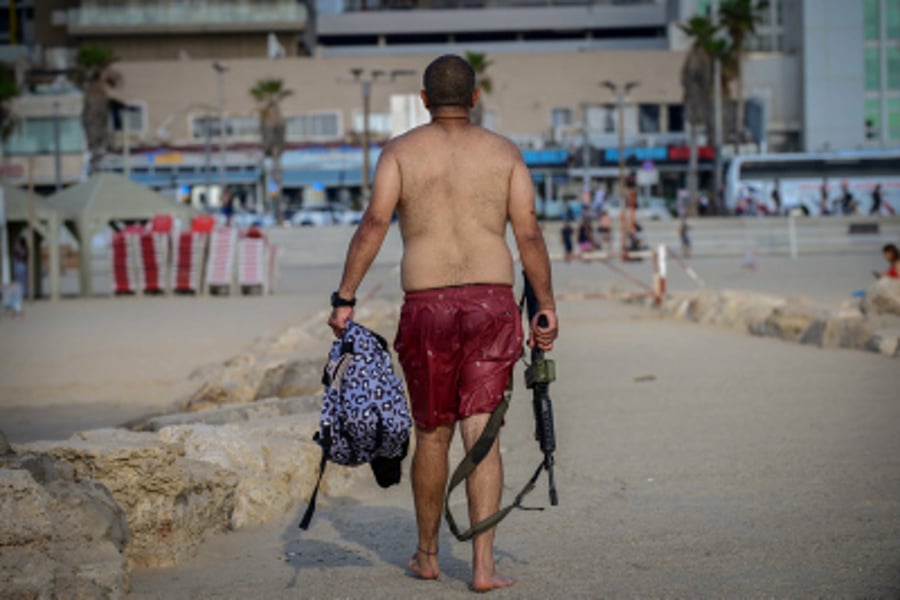
In the bustling streets of Tel Aviv, life seems to go on as usual. Cafes are full, beaches are crowded, and the hum of everyday activity fills the air. But beneath this veneer of normalcy lies a palpable tension—a constant reminder that danger lurks just around the corner.
For Israelis like Adi Tamir, living in this reality means making difficult choices every day. As news of potential attacks from Iran and its proxies swirls, Tamir grapples with seemingly simple decisions: Should she go on a weekend getaway? Is it safe to leave her house at all?
"I'm not going to play with destiny to that degree," Tamir says, explaining her decision to cancel a trip to the Jordan River. But she also says, "I am going out. I don't want to stop my life because of a 'what if.'"
This cognitive dissonance—living a normal life while surrounded by reminders of war and loss—has become a hallmark of Israeli existence. As Karin Hershkovitz, an Israeli influencer, poignantly describes it: "It's like living in two realities at the same time here."
The contrast can be jarring. Hours after a drone attack on Tel Aviv's beach, the shore was once again teeming with sunbathers and surfers.
For many, the wounds of October 7 are still fresh. Ziv, a reservist waiting to be called up again, lost a childhood friend in the Nova music festival massacre. Yet here he is, skateboarding in a nearby park, finding solace in movement. "Life is the medicine for the opposite of life, which is loss," he says.
But Michelle Long speaks of the weight of living in this constant state of alertness takes its toll. "Sometimes you don't even know what's affecting your behavior anymore," she admits.
In the words of Idan Cohen, who recently attended a standup comedy show, "You used to take things as a given, but now you can't. From the smallest thing—like whether you'll end up going to the standup comedy you bought tickets for—to the biggest thing, whether you're safe in your bed at night."
Yet, despite the challenges, life in Israel carries on. The beaches remain full, the cafes buzz with conversation, and children play in the parks. It's a testament to the indomitable spirit of a people who refuse to let fear dictate their lives, even as they remain ever-vigilant to the dangers that surround them.
As Jonathan Jaffe, a visiting rabbi from New York, observes, this resilience can be seen in two lights: "You can see this as either an uplifting story of resilience displayed by a community that refuses to bow to terror, or a less optimistic tale of a region that has become all too accustomed to mornings like this."
In the face of uncertainty, Israelis continue to choose life, navigating each day with a mixture of caution and determination. It's a delicate balance—one that defines the very essence of existence in this land of contrasts.
* The Forward contributed to this article.





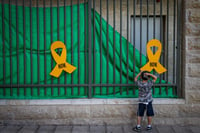




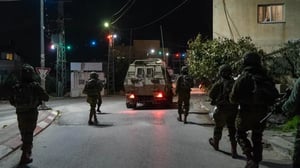

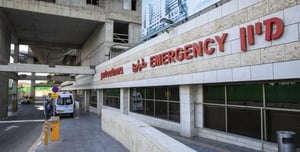
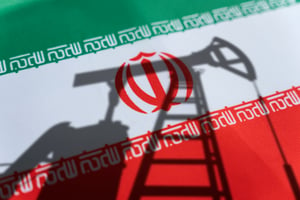
1 Comments